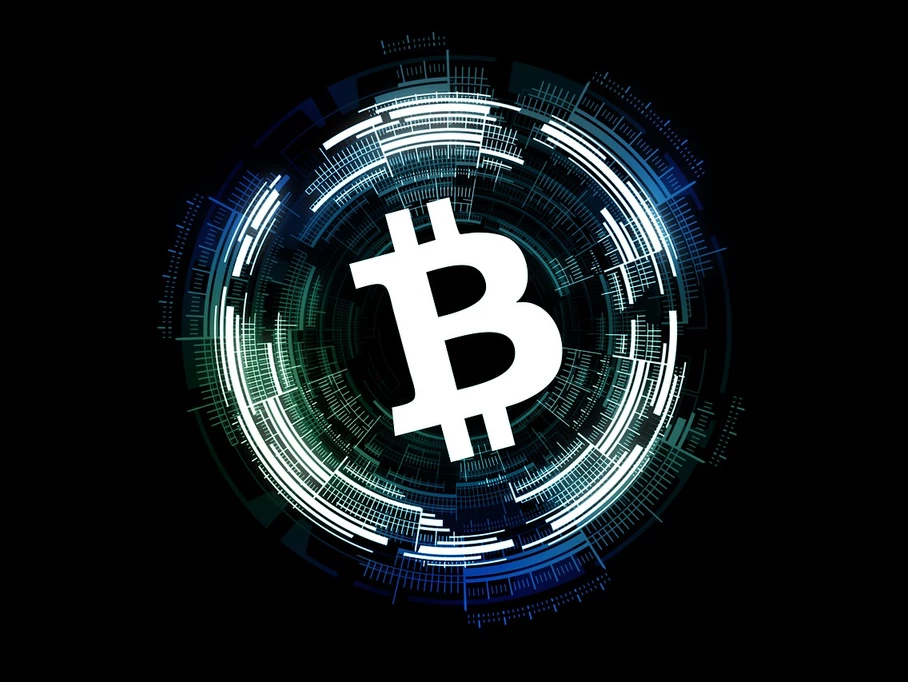The blockchain is an incorruptible digital ledger of economic transactions that can be programmed to record not just financial transactions but virtually everything of value – Don & Alex Tapscott, authors Blockchain Revolution (2016)
A blockchain is a decentralized time stamped series of records of data that is managed by thousands of computers worldwide and is not controlled by a single person or entity. Information on the blocks which is joined cryptographically (chains) is visible and open to everyone who wishes to see.
Blockchain threatens to put just about everyone out of business if they fail to adapt to the ever changing world of technology. Blockchain works in a way that there is no need for the middleman or processing fees or put simply, third parties.
People who desire to begin a transaction to get something usually start by creating a block which will be verified by thousands of computers and the person offering that service connects to him immediately by creating another block. Business is done quickly with zero or minimal transaction costs and no bank charges in a matter of minutes. The Block chain is immutable, transparent, bound by cryptographic principles and is completely decentralized.
Block chain firms raised more than $240m of venture capital money in the first six months of 2017, a great part from banks. Many banks have set out to test this potential technology with quite a few prominent ones making statements such as:
> French investment bank BNP Paribas has announced it will look at how the technology can be applied to its currency funds and processing.
> Goldman Sachs Group Inc caused people to wonder after it participated in a $50 million investment round in funding Bitcoin wallet and funding company Circle Inc.
> Technology based stock exchange NASDAQ OMX Group Inc is working with block chains to reduce the costs, time and friction across the capital markets.
Blockchain technology can help the banks and financial institutions in payments and remittances, accounts and deposits, cheques processing and clearing fees. The most obvious and basic use for blockchain technology is its use as a payments system for Bitcoin, Ethereum, and other cryptocurrencies; however, its other uses are equally important.
The major point is that Blockchain technology is being taken seriously by the financial sector as it may become a great disruption in the traditional banking industry.
Adapting to this technology instead of fighting it is a much better option for banks and financial institutions.
